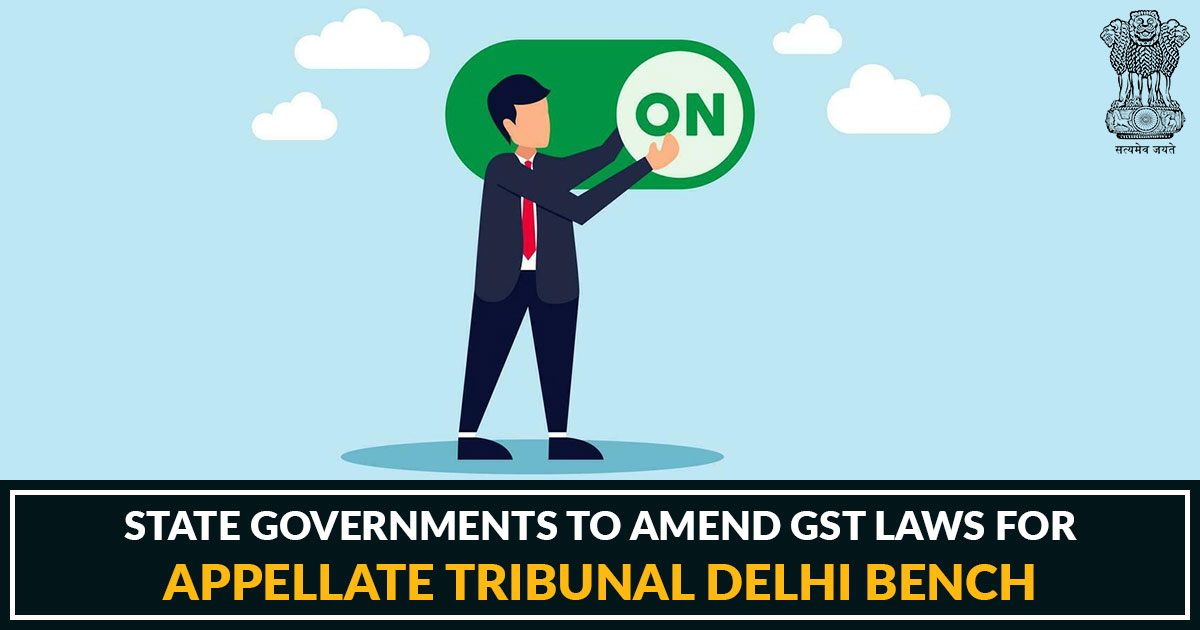
For enabling the setting of the appellate tribunal with its principal bench in Delhi, the state government has been questioned by the centre to approve the revisions of their respective GST laws.
By December, the tribunal shall secure the benches within the states. In March the Parliament would provide its nod to revise the GST law.
“We are trying to get amendments approved by all state legislative assemblies by October so that we can start constituting tribunal benches,” the tax expert elaborated.
To solve the issues concerned with the major indirect tax and surge the tax collections the assistance would get furnished by the tribunal, addressing the considerations of both the industry and the tax authorities.
After the GST regime was implemented in July 2017, the delay in the incorporation of the appeal tribunal caused an accumulation of unsolved legal difficulties.
In the lack of an appellate tribunal, taxpayers are already filing writ petitions in high courts. According to commentators, the creation of an appeal tribunal will lessen the workload on high courts and the Supreme Court.
Read Also: GSTAT Formation May Be Aimed at the End of December 2023
The recruitment of judges to the benches (apart from technical members from states) would be handled by a four-member search and selection committee, which will be presided over by either the chief justice of the Supreme Court or his representative judge from the SC.
A state chief secretary chosen by the council, a Union government secretary, and the president of the appellate tribunal (one of the judges on the major bench) will make up the panel. A casting vote will be used by the chairperson.
The principal bench and each state bench will have two judicial and two technical members, with equal representation from the Centre and states in the case of technical members, in accordance with the GST Appellate Tribunal (GSTAT) guidelines that have been approved by Parliament through amendments to the Central Goods and Services Tax Act.
Each state may install several benches with the GST Council’s consent. Only the major bench will consider matters regarding the issue of the site of supply.
If there is no legal issue at stake, a single member of the bench will consider appeals relating to taxes, input tax credits, fees, or penalties decided in an order of any appellate authority or revisional authority that are less than Rs 5 million.
In all other situations, a judicial member and one technical member shall hear the case jointly.









